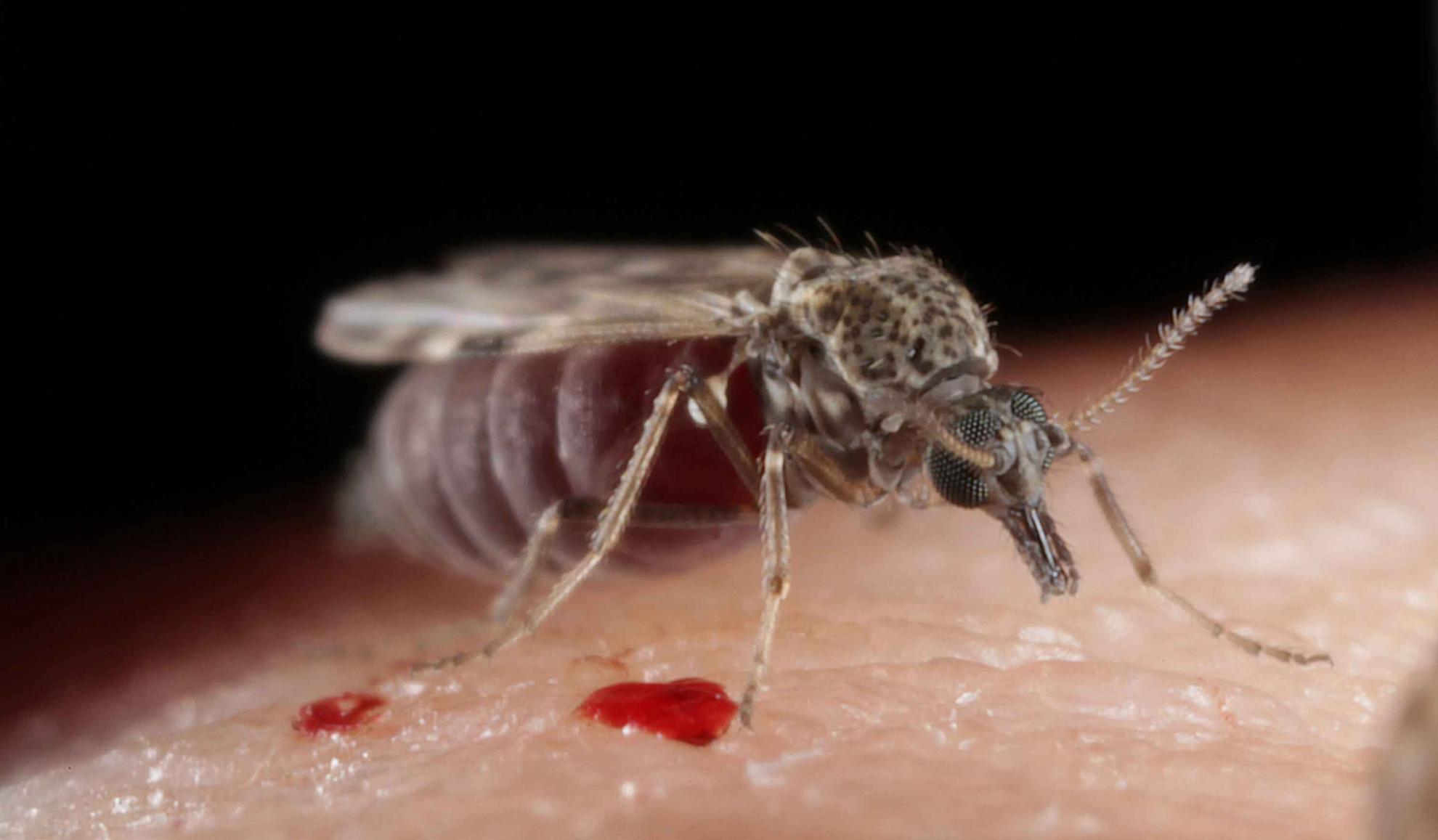Range expansion of the bluetongue vector, Culicoides imicola, in continental France likely due to rare wind-transport events
The role of the northward expansion of Culicoides imicola Kieffer in recent and unprecedented outbreaks of Culicoides-borne arboviruses in southern Europe has been a significant point of contention. We combined entomological surveys, movement simulations of air-borne particles, and population genetics to reconstruct the chain of events that led to a newly colonized French area nestled at the northern foot of the Pyrenees. Simulating the movement of air-borne particles evidenced frequent wind-transport events allowing, within at most 36 hours, the immigration of midges from north-eastern Spain and Balearic Islands, and, as rare events, their immigration from Corsica. Completing the puzzle, population genetic analyses discriminated Corsica as the origin of the new population and identified two successive colonization events within west-Mediterranean basin. Our findings are of considerable importance when trying to understand the invasion of new territories by expanding species.
Back to publications
Publication
Contributors
Jacquet S, Huber K, Pages N, Talavera S, Burgin L E, Carpenter S, Sanders C, Dicko A H, Djerbal M, Goffredo M, Lhor Y, Lucientes J, Miranda-Chueca M A, Pereira Da Fonseca I, Ramilo D W, Setier-Rio M L, Bouyer J, Chevillon C, Balenghien T, Guis H, Garros C
Year
2016
Journal
Scientific Reports
Volume
6
Pages
27247
Altmetric details
Associated groups
